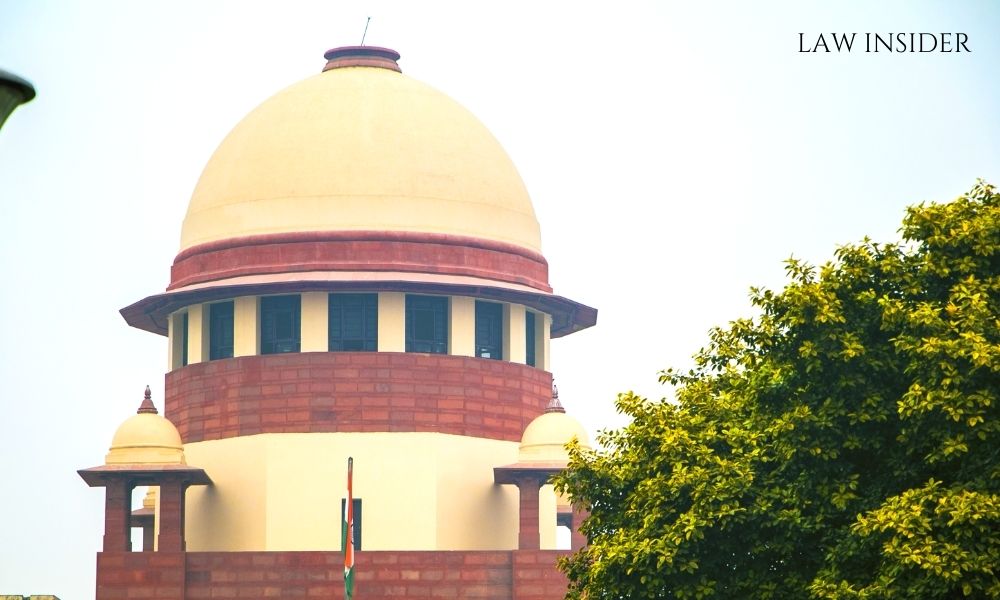LI Network
Published on: 24 August 2023 at 11:11 IST
The Supreme Court has recently underscored the necessity of evaluating criminal revision petitions on their merits, even in cases where a party or their legal representative is absent.
The Court emphasized that the parameters for the consideration of a revision petition should be upheld, and referred to the precedent set by the case of Madan Lal Kapoor v. Rajiv Thapar, (2007), which asserted that a criminal appeal should not be dismissed for default. The Court extended this rule to criminal revision matters as well.
In a case Taj Mohammed V. State of Uttar Pradesh brought before a division bench comprising Justice C T Ravikumar and Justice Sanjay Kumar, the dismissal of a criminal revision petition by the Allahabad High Court was challenged.
The Supreme Court stressed that even when a person is a convict, their personal liberty should not be compromised, and the principles prescribed by the Court should be applied in the consideration of their revision petition.
The Court noted the binding nature of its decisions on all courts as per Article 141 of the Constitution of India.
The case at hand involved an appellant who had been convicted under Section 138 of the Negotiable Instruments Act, 1881.
The appellant’s conviction was upheld by the High Court on appeal. Subsequently, the appellant filed a revision petition before the High Court, which was dismissed.
The appellant then approached the Supreme Court against this dismissal.
Upon examining the impugned order, the Supreme Court found that it lacked reasoning and had not considered the merits of the case.
The Court noted that although the appellant and their counsel were absent during the hearing, the order did not reflect a comprehensive evaluation of the matter. It was labeled as a “non-reasoned order.”
The Supreme Court, firmly establishing that a revision petition should not be dismissed without due consideration on merits, remanded the case back to the High Court for fresh deliberation.
The Apex Court also urged the High Court to expedite the proceedings, considering that the case dates back to the year 2017.

